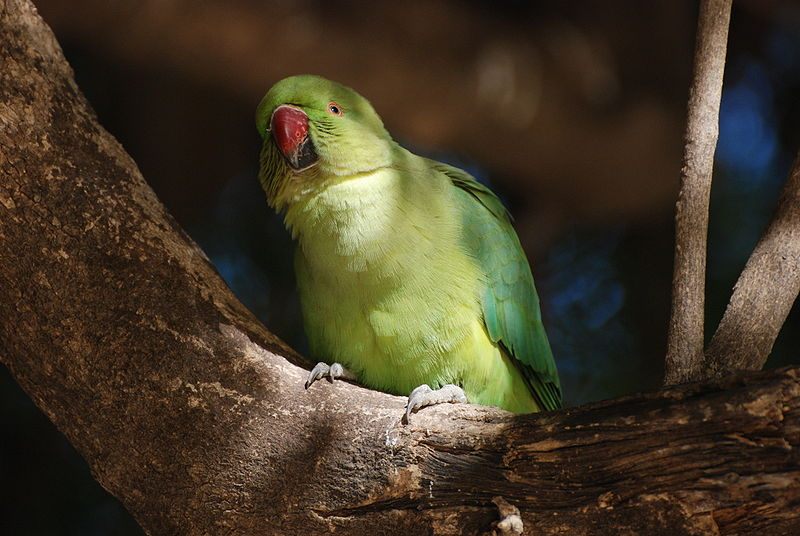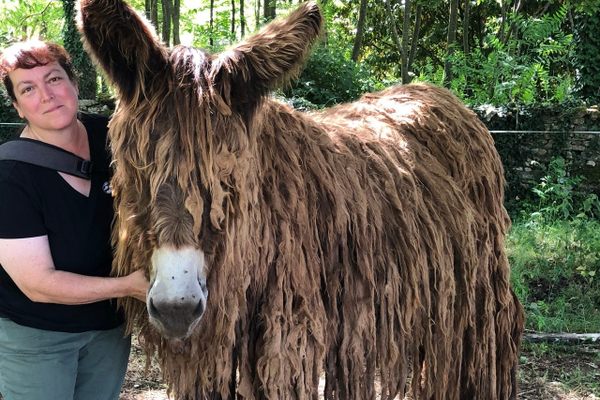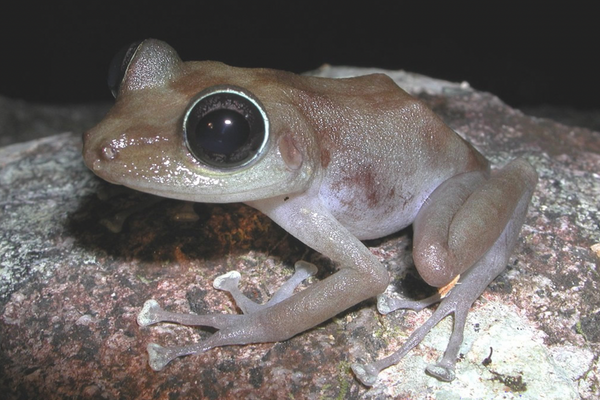In Search of Opium, Parrots Are Wreaking Havoc on India’s Poppy Fields
Farmers in Madhya Pradesh are struggling to combat the avian theft.

In the Indian state of Madhya Pradesh, the parrots are in a frenzy, one fueled by a seemingly unexpected source: opium.
Madhya Pradesh is part of what is known as the Malwa-Mewar belt, home to about 75 percent of India’s legal opium trade. As first reported by NDTV, this year has been a difficult one for poppy farmers across the region. Not only are they dealing with inadequate rainfall, but farmers are also facing off against hordes of fluorescent parrots with their sights set on plundering the opium-rich milk from poppy pods.
According to researchers, opium has a similar effect on parrots as caffeine does on humans, generating a similar addiction. These hyper bird bandits have become so adept at stealing opium that they’ve learned to wait for ill-fated farmers to crack open the poppy pods before they raid the stash. Splitting the poppy pods helps the plants ripen faster, but also provides the parrots with an easy score.

Poppy farmers in the Neemuch district told NDTV that groups of parrots can feed in the fields anywhere from 30 to 40 times a day, resulting in substantial crop loss. The Indian government requires growers to pre-commit to cultivating a certain amount of opium each year, which, if devoured by parrots, significantly hurts the farmers’ profits.
Farmers have asked the government for assistance with the parrot problem, but help hasn’t arrived. So the farmers have devised their own management techniques, including what LiveScience refers to as “sonic warfare”: setting off fireworks and using loudspeakers to deter the birds.
















Follow us on Twitter to get the latest on the world's hidden wonders.
Like us on Facebook to get the latest on the world's hidden wonders.
Follow us on Twitter Like us on Facebook